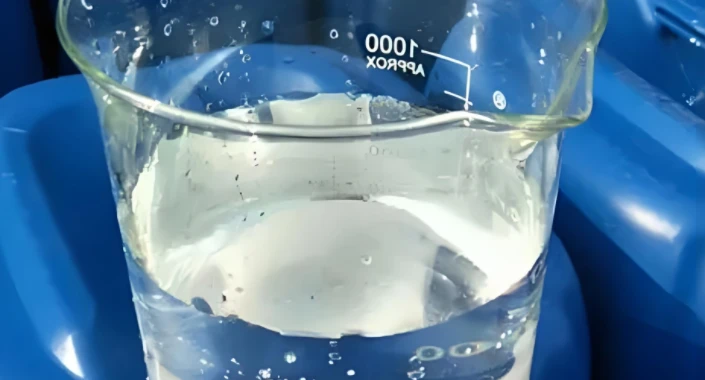



Comparing Sodium Bicarbonate and Sodium Bisulfate for Diverse Applications and Benefits
Sodium Bicarbonate vs. Sodium Bisulfate A Comparative Analysis
Sodium bicarbonate and sodium bisulfate are two important chemical compounds used in various applications, each possessing unique properties and roles
. Understanding the differences between these compounds can help determine their appropriate uses in both industrial and household settings.Sodium bicarbonate, commonly known as baking soda, is a mild alkaline compound with the formula NaHCO₃. It is widely recognized for its versatility in cooking, where it acts as a leavening agent. When combined with acidic ingredients, baking soda produces carbon dioxide gas, causing doughs to rise. Beyond culinary uses, sodium bicarbonate is also utilized in cleaning products due to its abrasive properties, helping to remove stains and neutralize odors. Additionally, it serves as an antacid, counteracting stomach acidity.
On the other hand, sodium bisulfate (also known as sodium hydrogen sulfate) has the chemical formula NaHSO₄. It functions primarily as a pH adjuster and is commonly used in swimming pools to lower water pH. By maintaining proper pH levels, sodium bisulfate ensures that chlorination systems work effectively, providing safe and clean swimming environments. Furthermore, sodium bisulfate finds its application in the textile and food industries, where it acts as a mild acidulant.
sodium bicarbonate vs sodium bisulfate

One of the critical differences between these two compounds lies in their acidity and alkalinity. Sodium bicarbonate is alkaline and tends to raise the pH, making it suitable for applications that require a neutralization reaction. Conversely, sodium bisulfate is acidic, which means it can effectively lower pH levels, serving a different set of purposes.
Another noteworthy aspect is safety and handling. While sodium bicarbonate is generally regarded as safe for consumption and household use, sodium bisulfate requires more caution. It can be corrosive and may cause skin and eye irritation, necessitating protective measures when handling.
In conclusion, sodium bicarbonate and sodium bisulfate serve distinct functions influenced by their chemical properties. Sodium bicarbonate is ideal for cooking, cleaning, and medicinal uses, thanks to its neutral to alkaline nature, while sodium bisulfate excels in pH adjustment applications in various industries. Understanding these differences not only aids in choosing the right compound for specific tasks but also ensures safety and efficiency in their usage.
-
Why Sodium Persulfate Is Everywhere NowNewsJul.07,2025
-
Why Polyacrylamide Is in High DemandNewsJul.07,2025
-
Understanding Paint Chemicals and Their ApplicationsNewsJul.07,2025
-
Smart Use Of Mining ChemicalsNewsJul.07,2025
-
Practical Uses of Potassium MonopersulfateNewsJul.07,2025
-
Agrochemicals In Real FarmingNewsJul.07,2025
-
Sodium Chlorite Hot UsesNewsJul.01,2025










